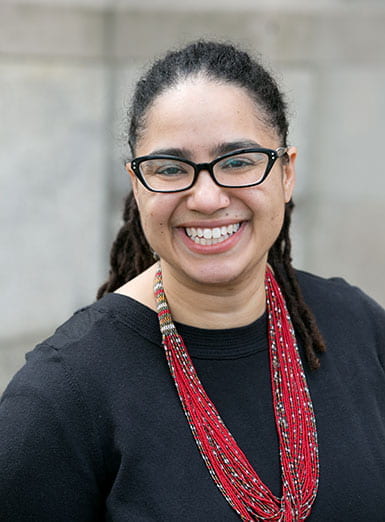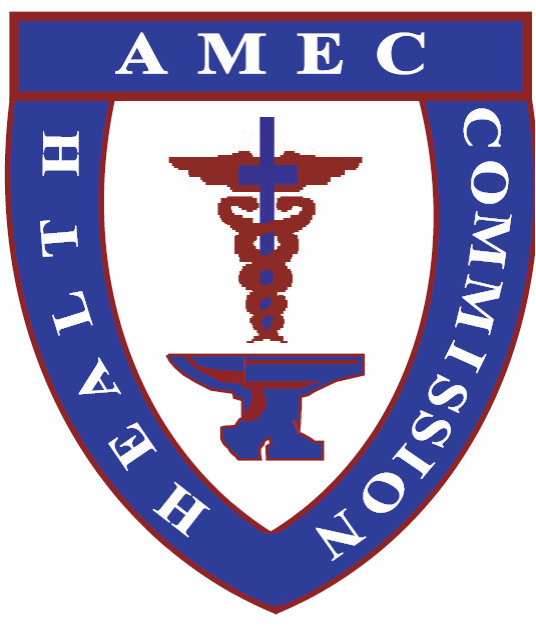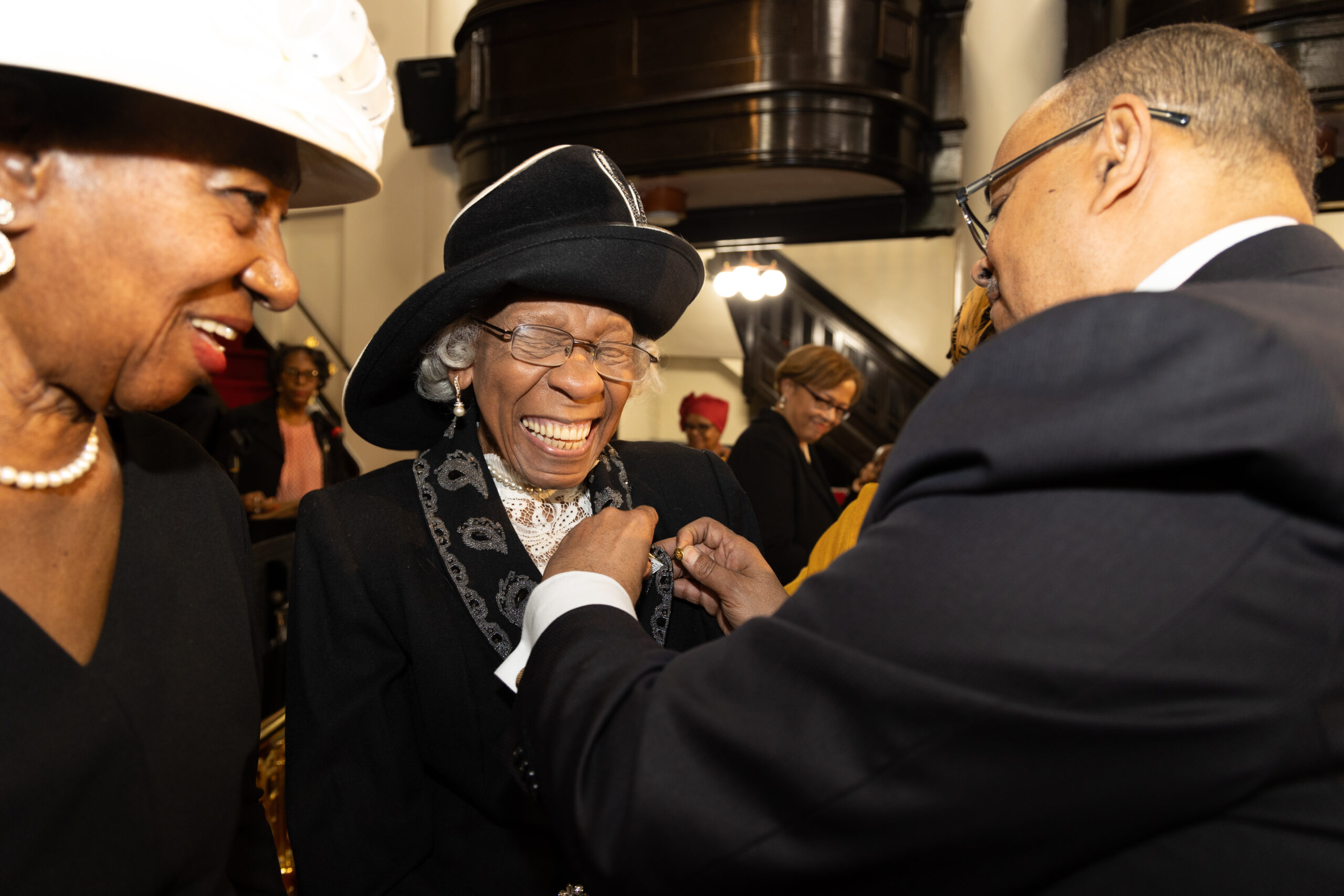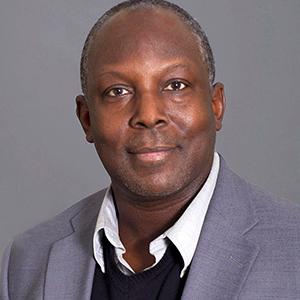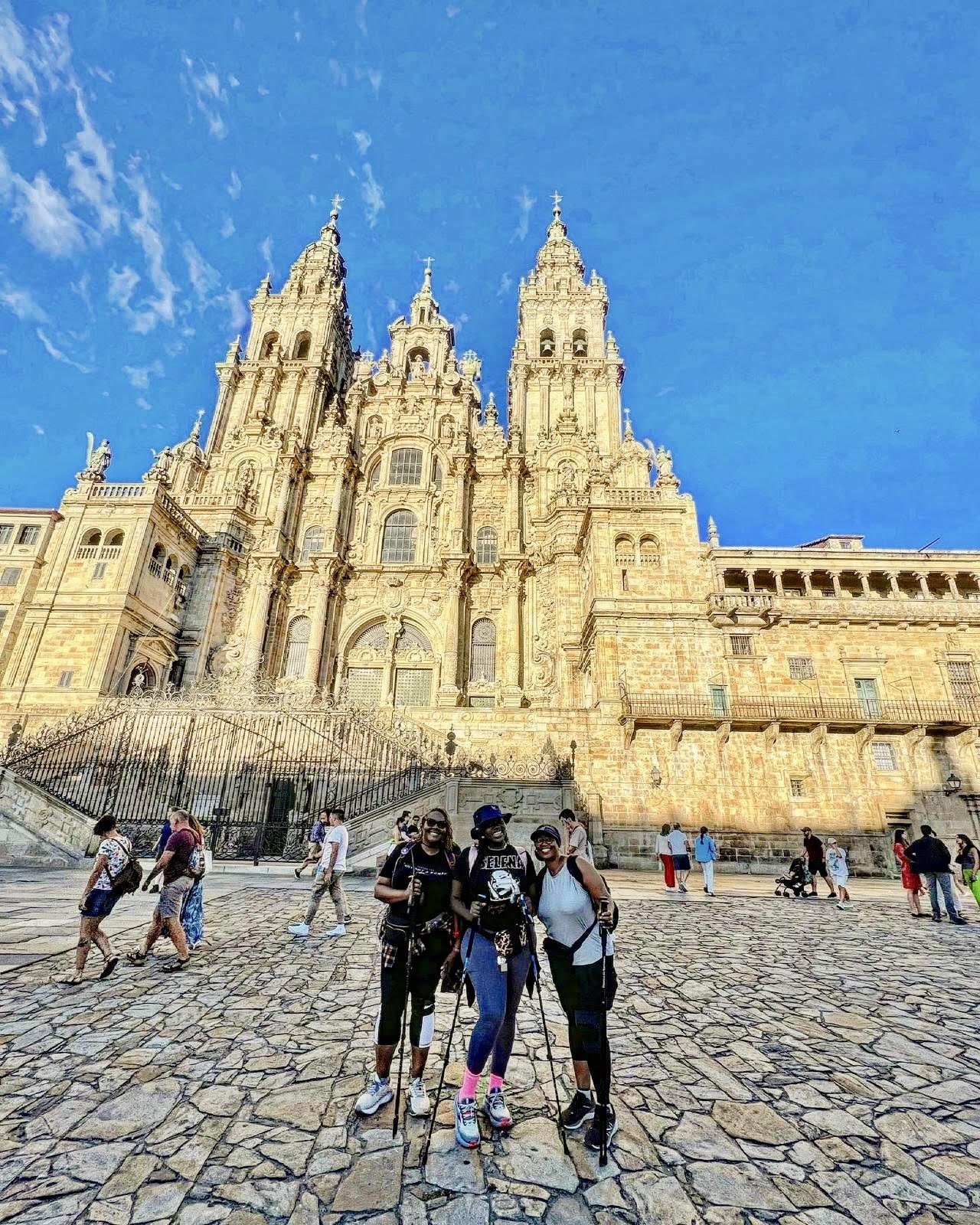The Fire This Time: AME Sexual Politics
By Rev. Dr. Jennifer S. Leath, 5th Episcopal District
In The Christian Recorder’s “TCR Special Dialogue: LGBTQ+ Inclusion and the AME Church,” William Lamar IV stated, “If we say that we exclude these sisters and brothers and those who are not gender conforming because of what the Bible says, then I’ma need those negroes to stop eating ham, cheeseburgers, and shrimp; and wearing polyester; I’m going to need them to send their wives outside of their homes when they are menstruating. Let us be clear that we place varying weight on the text, that we do not give the text similar weight in every word for the ways we live and practice our lives.” Moreover, Tiffany Willoughby-Herard recalled the teachings of Mark E. Whitlock, Jr. and Hermia Shegog Whitlock saying, “I saw them in the pulpit call homophobia a curse and call it kind of a cult set of thinking that was dividing the body of Christ.” The Whitlocks spoke to Willoughby-Herard’s soul saying “not only should you be serving G*d, but you should be serving G*d in the fullness and truth of everything that G*d has made you into.”
Considering these and other strong points offered during the “Special Dialogue,” I wondered: Why doesn’t the institutional AME Church unequivocally and publicly affirm LGBTQ people and our coequal place with others in the body? Less than a week before this “Special Dialogue,” however, a question was posed to the first of three strings of candidates in the “Virtual Bishops Candidate Forum.” Each candidate was asked, “How will you address concerns of LGBTQ inclusion in the AME Church?”
The answers the candidates provided in this panel, along with unchecked homophobic vitriol that surfaced in viewer comments, helped clarify why the AME Church does not unequivocally and publicly affirm LGBTQ people within the church. No candidate’s answer was so terrible but all the answers were “safe.” Why did I, a quare AME Church clergywoman and pastor, feel bruised, battered, and muzzled when the “Candidates Forum” was all said and done? I did not feel that my concerns had been addressed. I did not feel unequivocally and publicly affirmed. I did not feel loved the way I know G*d loves me and the way I love me. I felt denied. I felt like part of “the gay problem.”
Interpreting the dissonance between the “Candidates Forum” and the “Special Dialogue,” one mediating word surfaced in my spirit again and again: politics. Sexuality remains the perennial and consummate political weapon. Why don’t we read biblical passages spuriously related to contemporary LGBTQ sexualities in the same way we read passages defending slavery or subjugating women? Politics! Additionally, sexuality is the wedge that drives us to the lukewarm seas of political correctness and keeps us from the flames of political correction.
“Weaponized” and “sexuality” are shorthand for gender identities, sexual orientations, and intimate relational statuses. It is an effective, but lazy and sloppy, way to promote some and dismiss others. Weaponized, we are encouraged to hide our sexuality as liabilities and “sin” unless our sexuality confirms the dominant hetero-patriarchal single marriage, ever-faithful, and never-divorced model. Weaponized, deception, dissemblance, and silence about sexuality are blasphemously placed on a pedestal as virtuous when the model is not realized.
Our beliefs and practices within the AME Church are not consistent with respect to sexuality but our politics are. Sexuality is leverage. When sexuality is leverage, the “deviance” of LGBTQ people within the AME Church of today becomes an easy target for exploitation.
There is good news. We can choose to do sexual politics differently. Eddie Glaude explains that politics is about how “we as a community of fellows engage in the ongoing work to determine the distribution of resources that would allow us to live a life fully, to flourish together.” When we take up this way of doing politics within the AME Church, werefuse weaponizations of sexuality while establishing equitable distributions of power and resources in our Church, knowing that this is the only way that all of us, LGBTQ and heterosexual, can flourish together.
Dwinita Tyler introduced the “Special Dialogue” with Barbara Love’s “liberatory consciousness,” according to which one is “willing to acknowledge that [they] are—even in a church—in an oppressive system” that must “fight with all [their] might not to be socialized to that system” and “commit to working on the oppressive system while [they’re] in the oppressive system.” Adapting this model, our challenge is to do liberatory sexual politics. What might a liberatory sexual politics platform for the AME Church look like?
First, acknowledgment of the gravity of LGBTQ suffering within and beyond the Church must happen. According to The Trevor Project’s National Survey on LGBTQ Youth Mental Health, 40% of all surveyed—and over 50% of transgender or gender non-binary people surveyed—had seriously considered suicide within 12-months before the survey. One in three LGBTQ youth has been physically harmed or threatened due to their sexuality.
Second, acknowledgment of the Church’s mistakes with respect to sexual politics must be made. Such acknowledgment includes supporting legislation intended to remedy our errors, even if the remedy is incomplete.
Third, deference to the leadership and voice of LGBTQ people in the Church on doctrines and policies directly impacting the lives of LGBTQ people must be offered. Trust that we who have survived the homophobia and heterosexism of our families, friends, colleagues, communities, and churches have done and are doing the spiritual and intellectual work for our soul’s salvation. Though we have been accused of this, we have not simply decided it is acceptable to be LGBTQ because we are LGBTQ. We honor the credibility of the experiences and feelings of LGBTQ people.
Fourth, public and explicit acknowledgement, affirmation, election, appointment, and celebration of out LGBTQ people at every level of the church must happen. The Trevor Project’s Survey, consistent with other sources, also found that acceptance and support dramatically decrease rates of attempted suicide.
Fifth, public repudiations of and admonitions against heterosexist, homophobic, and sexist preaching, teaching, administration, and church participation must begin. We must step up and protect the most vulnerable among us, even when it is not politically expedient. None of us should feel dispensable, disposable, or contingent.
Finally, refusing “dialogue” distractions with respect to sexuality is in order. Calling for dialogue is not the dialogue itself and having dialogue is not tantamount to addressing concerns. Too often, calls for dialogue on sexuality are about delaying difficult decisions, the articulation of unpopular positions, or necessary contests. Too often, calls for dialogue are about maintaining unhealthy weaponizations of sexuality. G*d, let us courageously take up such liberatory sexual politics, sanctified in the fire this time.
The Rev. Dr. Jennifer Leath is the pastor of Campbell Chapel AME Church in Denver, Colorado, and an assistant professor at Iliff School of Theology.
Editor’s Note: Definitions of Quare and G*d
Taking a cue from E. Patrick Johnson in “‘Quare’ Studies, or (Almost) Everything I Know About Queer Studies I Learned from My Grandmother,” quare means “queer; also, opp. of straight; odd or slightly off kilter; from the African American vernacular for queer” and signals a womanist way of being “LGTBQ”—turning the “Q” from “queer” to “quare.”
Taking a cue from Elisabeth Schüssler Fiorenza in Feminist Studies in Religion and The*logy and Jewish feminists, “G*d” is used to refer to the Divine source. The capital “G” signifies omnipotence; the lowercase “d” signifies “the least” and vulnerability; the “*” signifies that the Divine, and its name, is a mystery beyond what we understand and categories like gender.

